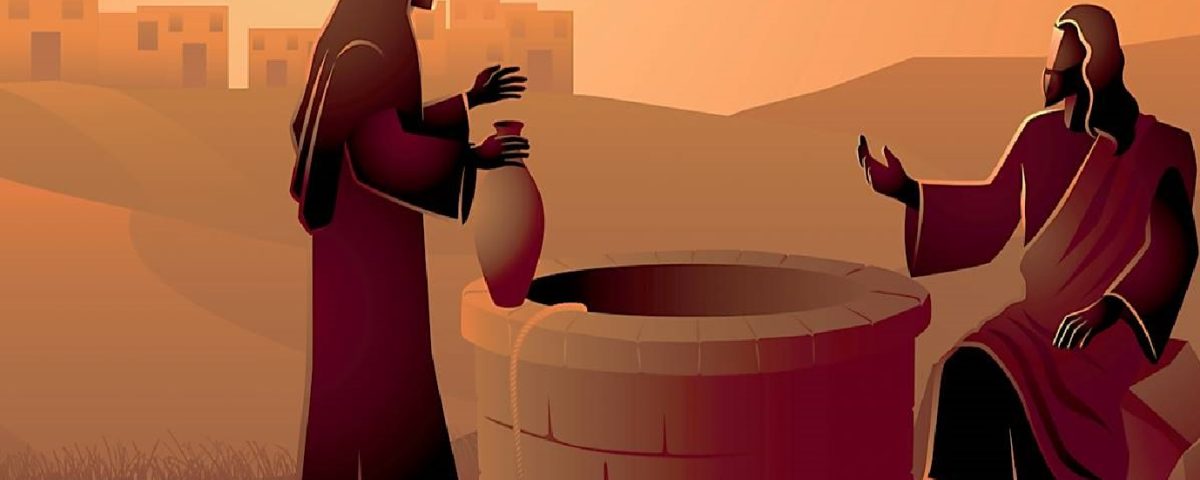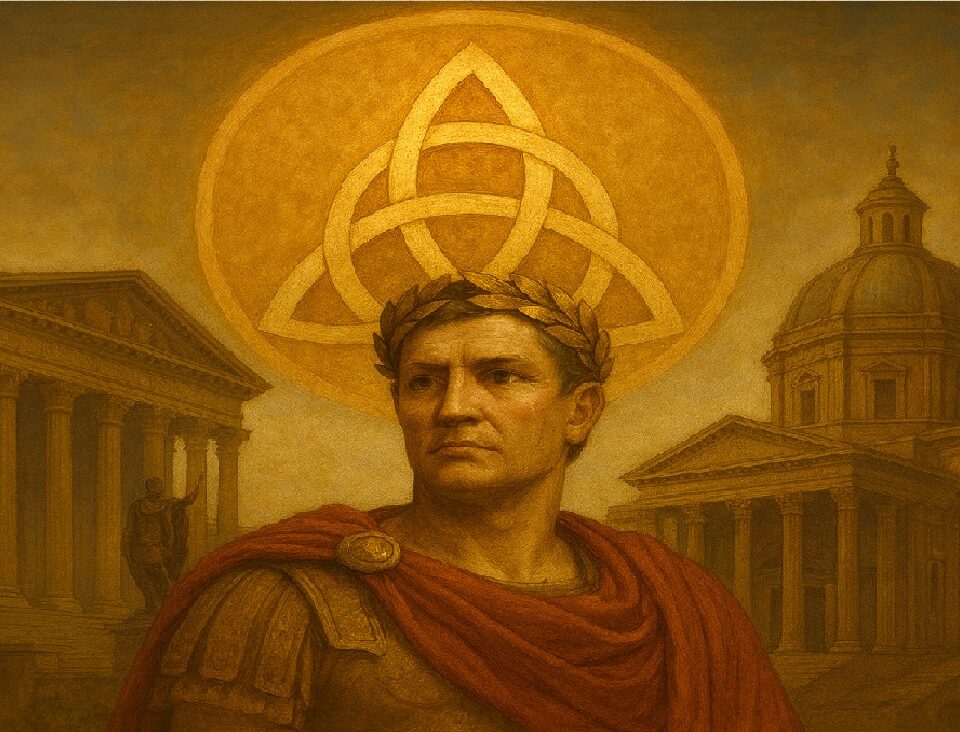
Matt 28:19 is Neither a Trinitarian Formula nor a Corruption
April 5, 2022
Passing over the true Passover
April 5, 2022Samaritan Woman John 4 Lessons

Background: Jesus Vs Samaritans
The Samaritans are the descendants of two groups:
(1) the remnant of the native Israelites who were not deported at the fall of the Northern Kingdom in 722 B.C.;
(2) foreign colonists brought in from Babylonia and Media by the Assyrian conquerors of Samaria.
So they were a MIX of monotheists and pagans.
Theological debate
The theological opposition was based on the Samaritan refusal to worship at Jerusalem because they considered another mountain, Gerizim, as the only hole place designated by YHWH.
The animosity was made worse by the fact that after the Babylonian exile the Samaritans were against the restoration of Jerusalem, and and the Temple. The Samaritans had even helped the Syrian monarchs in their wars against the Jews in the 2nd c. BC.
As a result, the Jewish high priest burned the Samaritan temple on Gerizim.
The setting: a man and woman at a well
- In parallel men and women at a well OT accounts there is a matrimonial situation: Isaac and Rebekah, Gen 24; Jacob and Rachel, Gen 29; Moses and Zipphora, Ex 2.14-22.
- Fits John’s overall description of Jesus as the new bridegroom (John 2:1-11; 4:1-42; 3:28-30).
The gift of “living water”
- Jewish-Samarian shared the belief that ”the gift of God” and “living water” described the Torah.
The Rabbis said: “Just as the waters descend in drops…so the words of the Torah…until it comes a flowing spring.”
Jesus presents himself and his teaching as the replacement of the Torah.
This plays into John’s theme of Jesus as the word of God which is synonymous with the commandments of God and His Wisdom.
For example, Wisdom says “those who drink of me will thirst for more.” You can also read into these born again metaphors.
For example, a Targum, Jewish commentary on Isa 44:3 says:
“As water is given to dry land and is led over arid land, so will I give my Holy Spirit to your sons and my blessings to your children’s children”;
Paradigm shift: places, peoples
- Jesus goes beyond the Torah mandates to worship in specific places (Mt. Gerizim, Deut 11.29; the Temple in Jerusalem, Deut 12:1—14) are overturned;
The paradign shift extends to anyone seeking to worship the one God of Israel.
- Hence, the time that is coming, and has now come, is not a reference to the KOG.
Who is the true God?
- “God is Spirit” is not a definition of Who God is or what God is composed of but simply a description of God’s mode of action and work with us, cp. the parallels descriptions: “God is light” (1 John 1:5), “God is love” (1 John 4:8, 16), and “God is a consuming fire” (Heb 12:29).
“Jesus was endeavoring to convey to the woman that God….cannot be represented adequately by an abstract concept, which is intrinsically impersonal” (Expositors’ Bible Commentary);
Who is the true Messiah?
- Samaritans expect “a Messiah is coming, and will tell us everything.”
But this was not the Davidic Messianic King of the OT prophets but another lawgiver-teacher from the tribe of Joseph.
Because Samaritans only recognized the 5 books of Moses they expected the prophet of Deut 18:15—18 only.
NOTE a prophet like Moses not another Moses.
- The disciples were shocked, not because Jesus was talking with this particular woman, a Samaritan but with a woman!
- One rabinninal source:
“One should not talk with a woman on the street, not even with his own wife, and certainly not with somebody’s else’s wife, because of the gossip of men.” And “It is forbidden to give a woman any greeting.”

